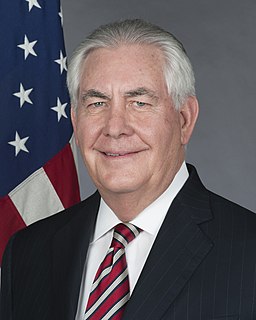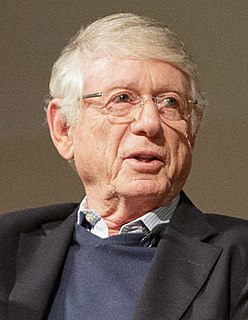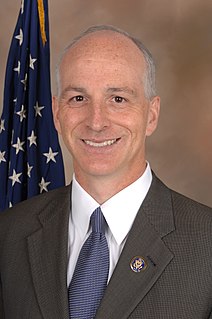A Quote by Mano Khalil
The problem of ISIS is not recent. Ever since the Second World War, people in this region have been, and are today, living under brutal dictatorships governed by nationalistic fervor. As for the Kurdish question: nobody from the Arab world is serious about fighting ISIS. It's only the Kurdish people who are standing firm against ISIS. And I think Europe, the United States, and most other democratic countries of the world are beginning to look at the Kurds in another way. The Kurds are really becoming their partners in the region.
Quote Topics
About
Against
Another
Another Way
Arab
Arab World
Becoming
Been
Beginning
Brutal
Countries
Countries Of The World
Democratic
Europe
Ever
Fervor
Fighting
Firm
Governed
Isis
Kurdish
Kurds
Living
Look
Most
Nationalistic
Nobody
Only
Other
Partners
People
Problem
Question
Really
Recent
Region
Second
Second World War
Serious
Since
Standing
States
Think
Today
United
United States
War
Way
World
World War
Related Quotes
Now the world believes in Kurds, as they have become partners in that region. The West doesn't believe in the Iraqi government - not in Maliki before or Abadi today. It doesn't believe in Syria in any way, nor in Iran. So the Kurds could maybe work together with the Western world to bring stability to the region. It's a nice change, coming as it is after hundreds of years of the struggle of the Kurds.
I think that all countries of the region should join their efforts in the fight against a common threat - terrorism in general and ISIS in particular. It concerns Iran as well, it concerns Saudi Arabia (although the two countries do not get along very well, ISIS threatens both of them), it concerns Jordan, it concerns Turkey (in spite of certain problems regarding the Kurdish issue), and, in my opinion, everybody is interested in resolving the situation. Our task is to join these efforts to fight against a common enemy.
It's important that we keep our priorities straight. And we believe that the first priority is the defeat of ISIS. That by defeating ISIS and removing their caliphate from their control, we've now eliminated at least or minimized a particular threat not just to the United States, but to the whole stability in the region.
Donald Trump is, in effect, the Recruiter-in-Chief for ISIS. ISIS wants nothing more right now than to have the world divided into Judeo-Christian on one side and the Islamic world on the other. That's exactly what Trump is doing for them. I think it's time we start with thinking about what ISIS wants and then not doing it.
Constraint theory argues a number of things. First, that the impossible has to be identified. Second, that the actor is then constrained by circumstances to act a certain way. For example, should we invade ISIS? Can we invade ISIS? What would it take to invade ISIS? Once you ask that question you discover the price of that option and then you take a look at American politics and see that the country is probably not prepared to invest the 2 to 3 million people that it would take to defeat ISIS and the insurgency afterwards. All right, so that's not going to happen.
ISIS is a formidable foe, but the counter forces to it have only just begun and if these forces, the Iraqi army, the Kurdish Peshmerga, American air power, the Syrian Free Army, work in a coordinated fashion, it will start losing ground. Also, please keep in mind that ISIS does not actually hold as much ground as the many maps flashed on television keep showing. Large parts of those territories that ISIS supposedly controls are vacant desert.
I think that, given the threat that ISIS poses to the region and beyond, as we have sadly seen in our own country, it is important to keep the Iraqi army on a path where they can actually take back territory, to work with the Sunni tribes in Anbar province and elsewhere so that their fighters can be also deployed, to work with the Kurds to provide them the support, but they're doing the fighting. We're doing the support and enabling.
When we have a world where you have ISIS chopping off heads, where you have frankly drowning people in steel cages, wars and horrible, horrible sights all over, so many bad things happening. We haven't seen anything like this. The carnage all over the world. Can you imagine the people that are frankly doing so well against us with ISIS. And they look at our country and see what's going on. Yes, I'm very embarrassed by it. I hate it.
It is important to understand that there are two separate battles taking place in Iraq: there is the political rift between the Sunnis, Shia and the Kurds and there is a foreign extremist group - ISIS - trying to take advantage of the political environment through violence. If the Iraqis can resolve their political differences, it will be far more difficult for ISIS to thrive. Moving forward, we should continue to evaluate additional steps to help combat ISIS as we see what the Iraqis are willing to do politically, but we must also firmly guard against mission creep.




























